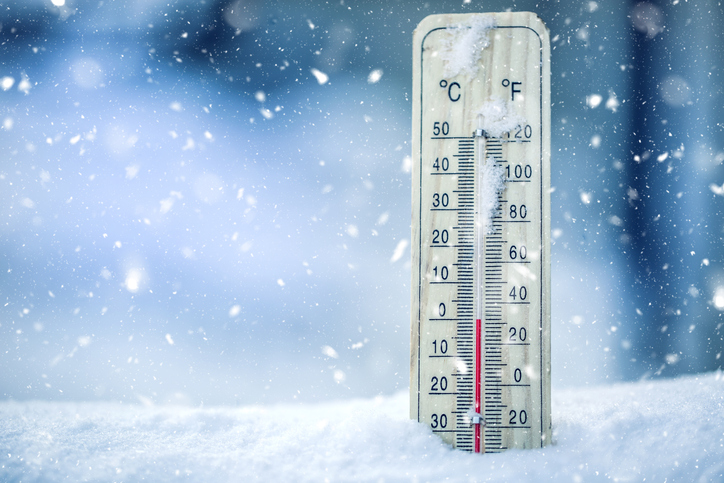Living with Chronic Pain
What Is Hypothermia?

Hypothermia occurs when the body’s core temperature falls below 95 degrees Fahrenheit (35 degrees Celsius). It is a medical emergency that can lead to organ failure and death. Low body temperature can disrupt normal brain function, affecting the ability to think and move. If severe hypothermia is not treated, an irregular heartbeat and failure of the circulatory and respiratory systems occur, causing death.
What causes hypothermia?
Hypothermia is typically caused by prolonged exposure to extremely cold temperatures. Over time, cold temperatures cause the body to lose heat faster than it can produce it, ultimately lowering the core body temperature. Hypothermia can also occur at above-freezing temperatures if the person is wet or submerged in cold water. Specific causes include not wearing warm enough clothing for the conditions, being unable to get out of wet clothes or move to a warm location, staying out in the cold for too long, or living in a dwelling that is too cold.
What are the signs and symptoms of hypothermia?
The most common signs and symptoms of hypothermia include the following:
- Confusion
- Excessive shivering
- Weak pulse
- Low blood pressure
- Slow breathing
- Exhaustion
- Slow, slurred speech
- Clumsiness or lack of coordination
In infants, the main signs and symptoms are bright red, cold skin and very low energy.
What are the risk factors for developing hypothermia?
The risk factors for developing hypothermia include the following:
- Age — Older individuals are less able to regulate temperature and sense cold. Children also lose heat much more quickly than adults do.
- Mental health impairments — Individuals with mental conditions, such as bipolar disorder or dementia, may not dress appropriately for cold weather or recognize the signs and symptoms of hypothermia.
- Certain medical conditions — Some medical conditions impair the body’s ability to regulate temperature. These include hypothyroidism, diabetes, and Parkinson’s disease.
- Certain medications — Some medications impair the body’s ability to regulate temperature, adding to the risk of hypothermia. These include antidepressants, opioid pain medications, and sedatives.
- Alcohol and drug use — Alcohol and drugs can affect decision-making skills. An individual under the influence of alcohol or drugs may not consider the importance of wearing warm clothing in cold temperatures or the risks of prolonged exposure to cold temperatures. Also, alcohol makes an individual feel warm, but it causes expansion of blood vessels which leads to rapid heat loss from the surface of the skin.
- Excessive time in cold temperatures — Individuals who spend a lot of time outdoors in cold temperatures are at a greater risk of developing hypothermia. This includes the homeless, hikers and hunters.


















